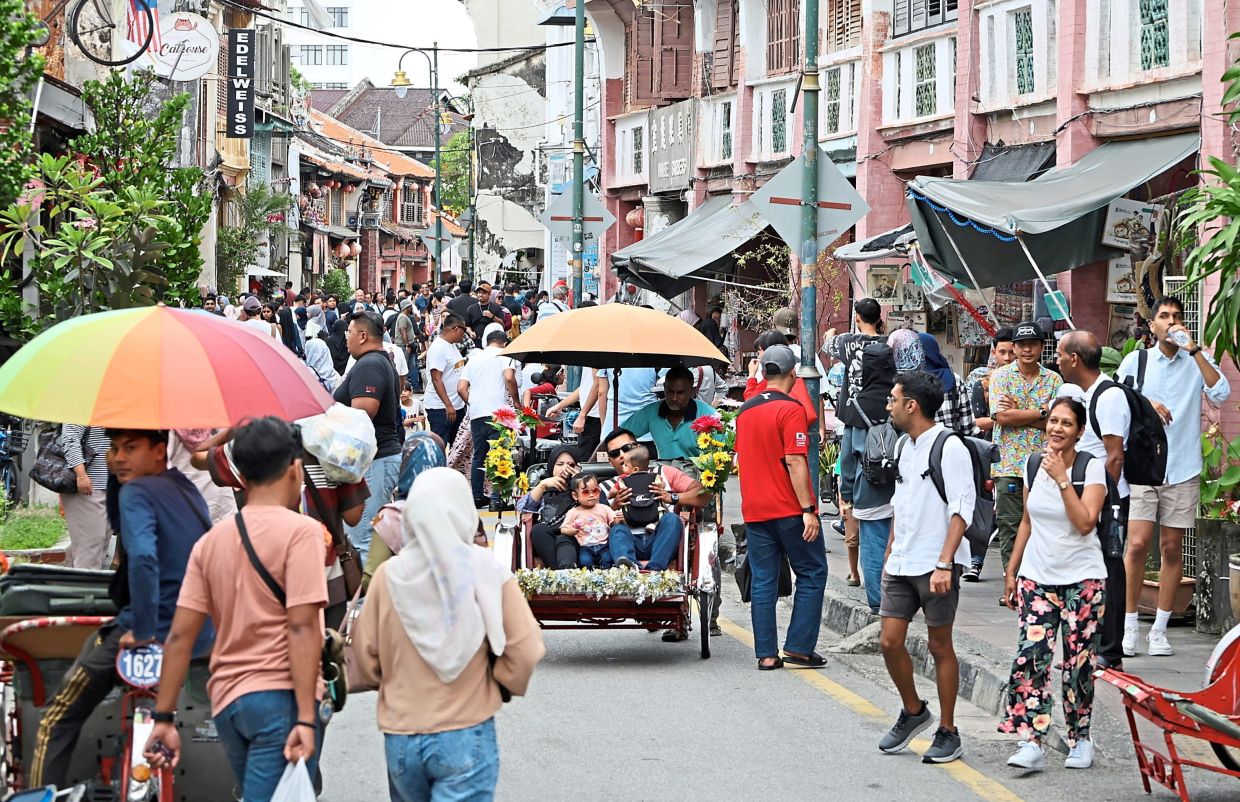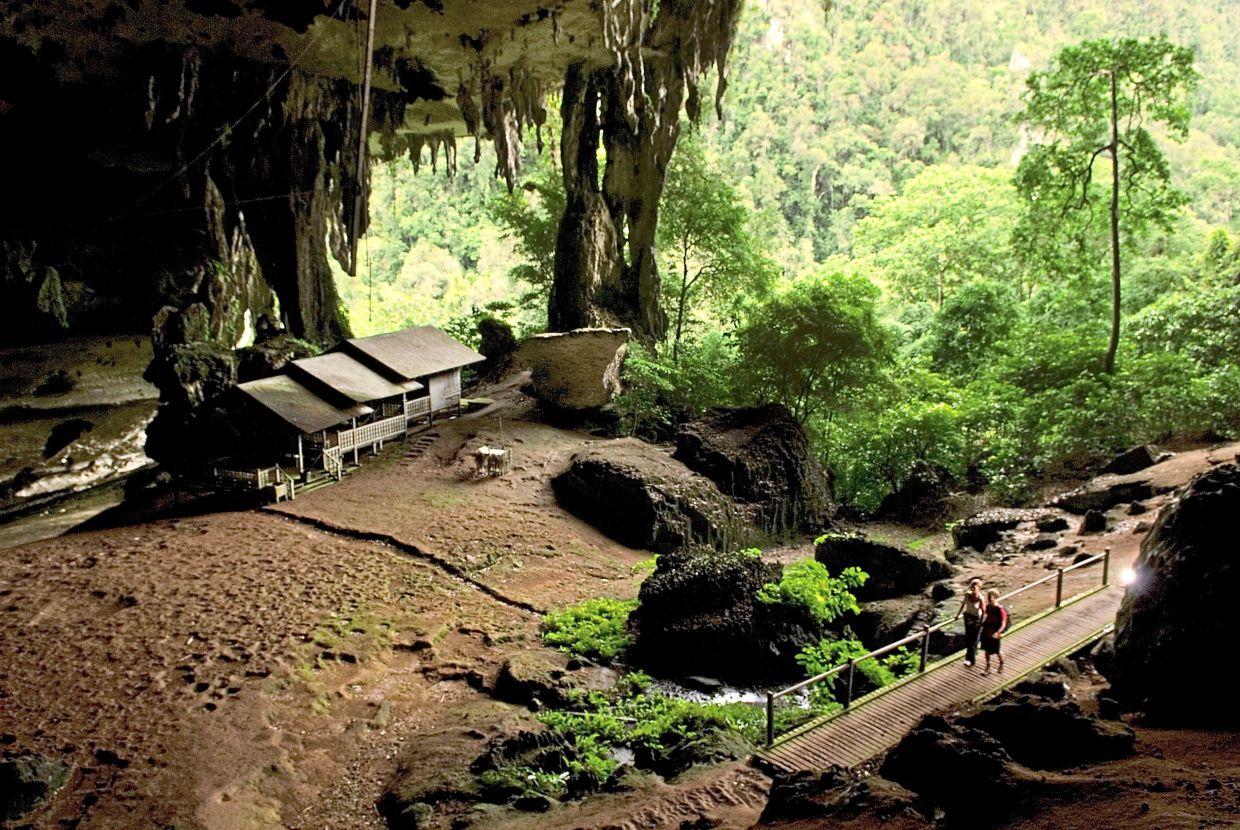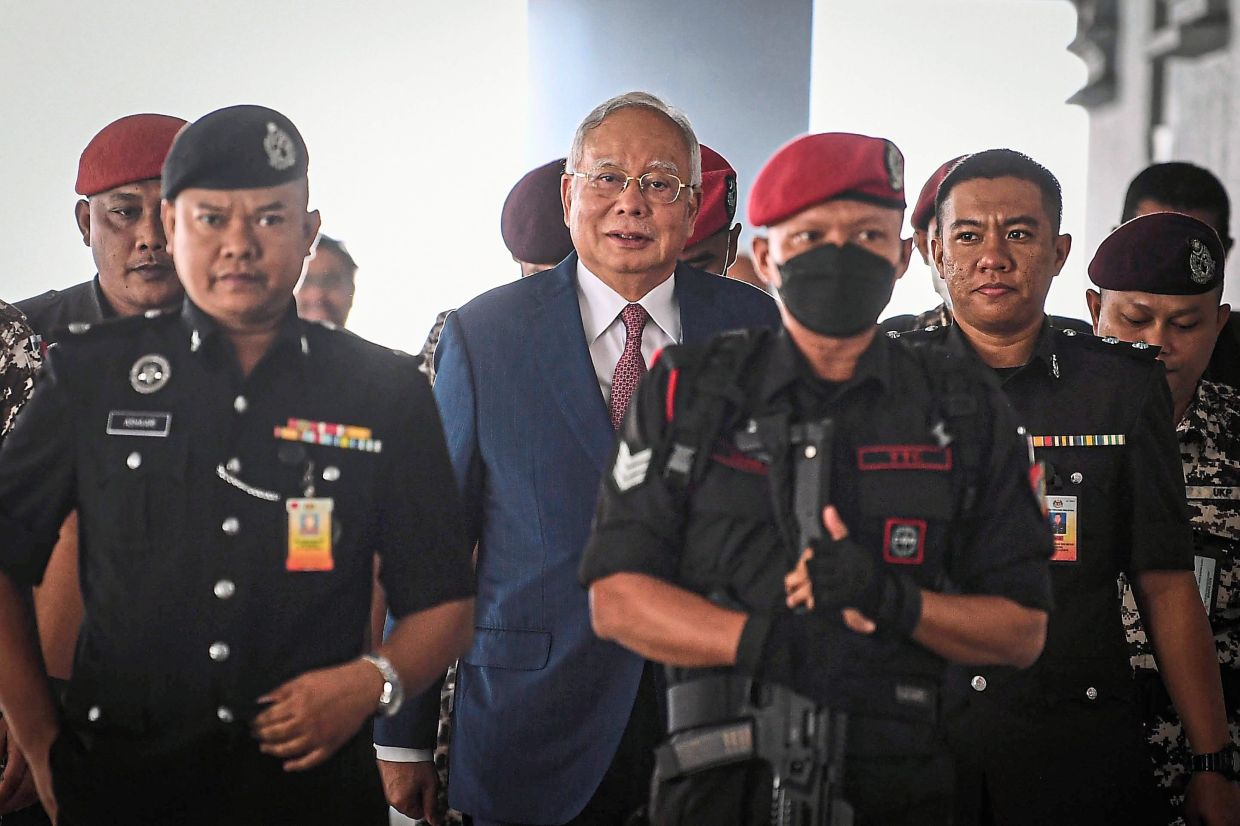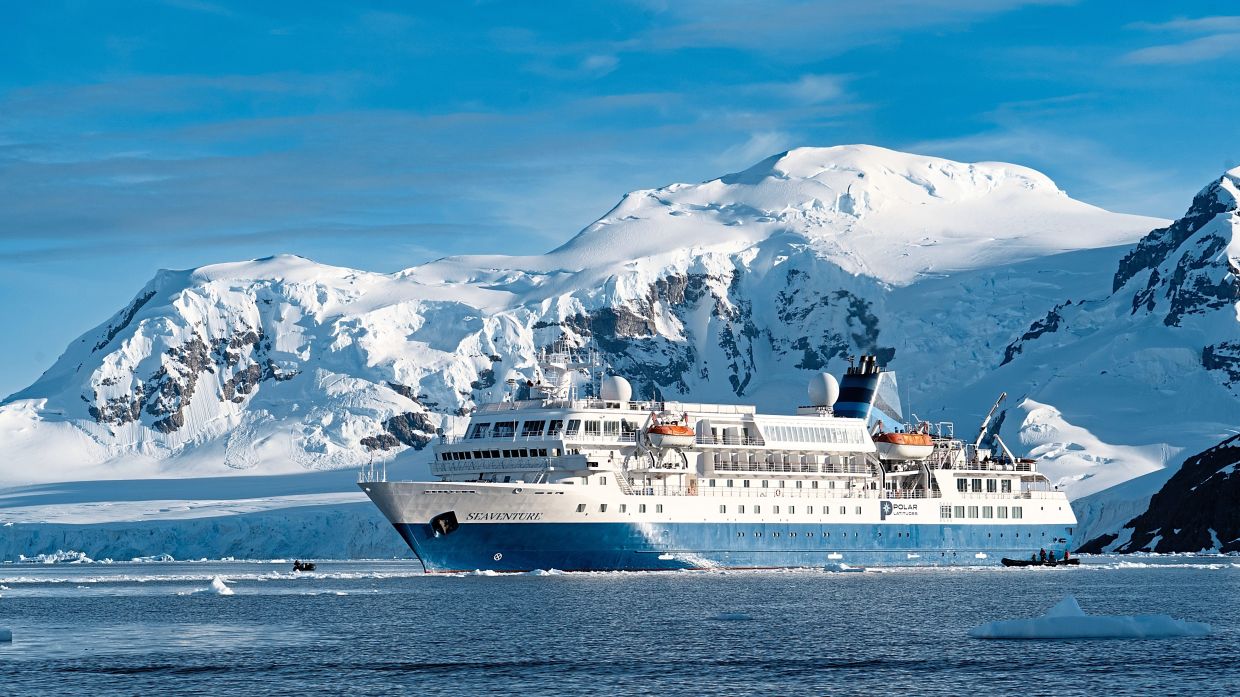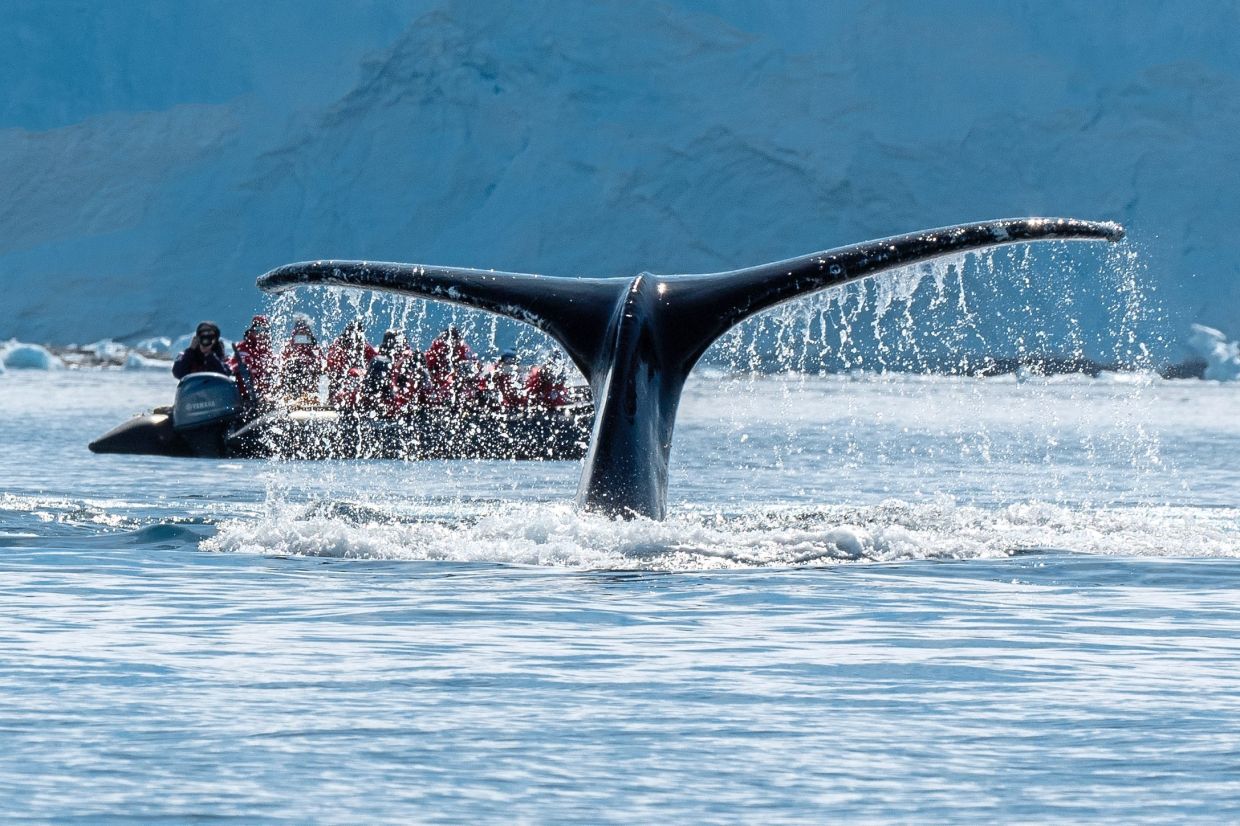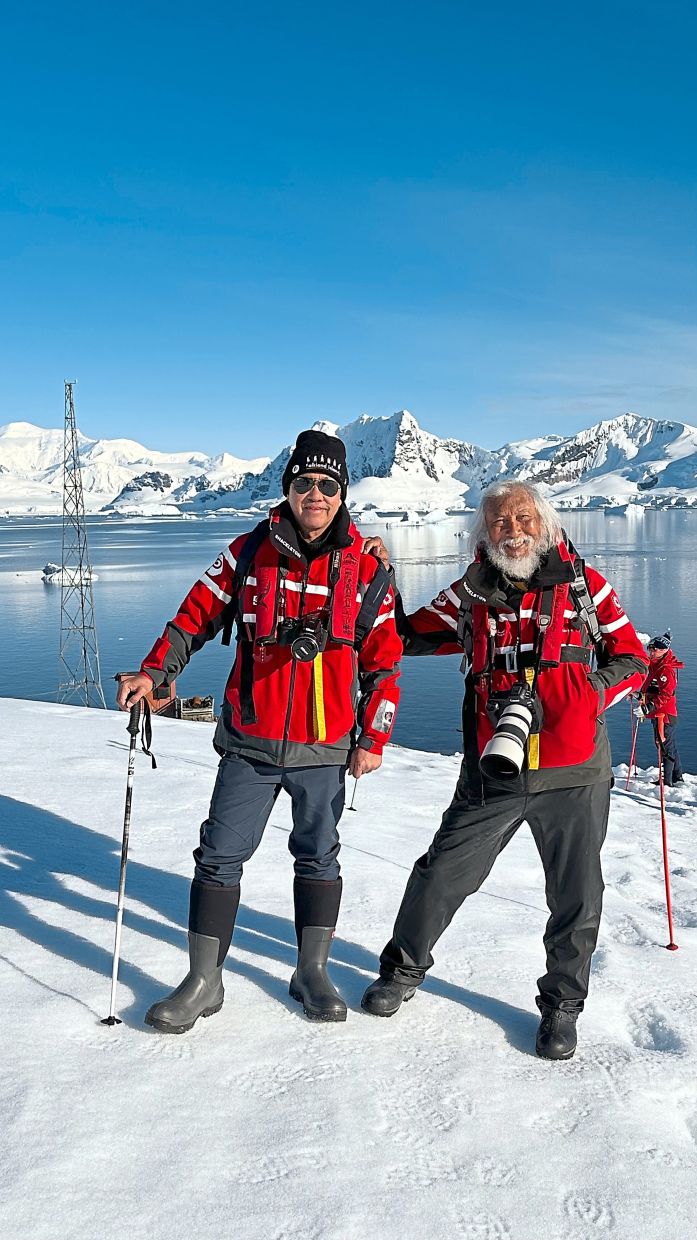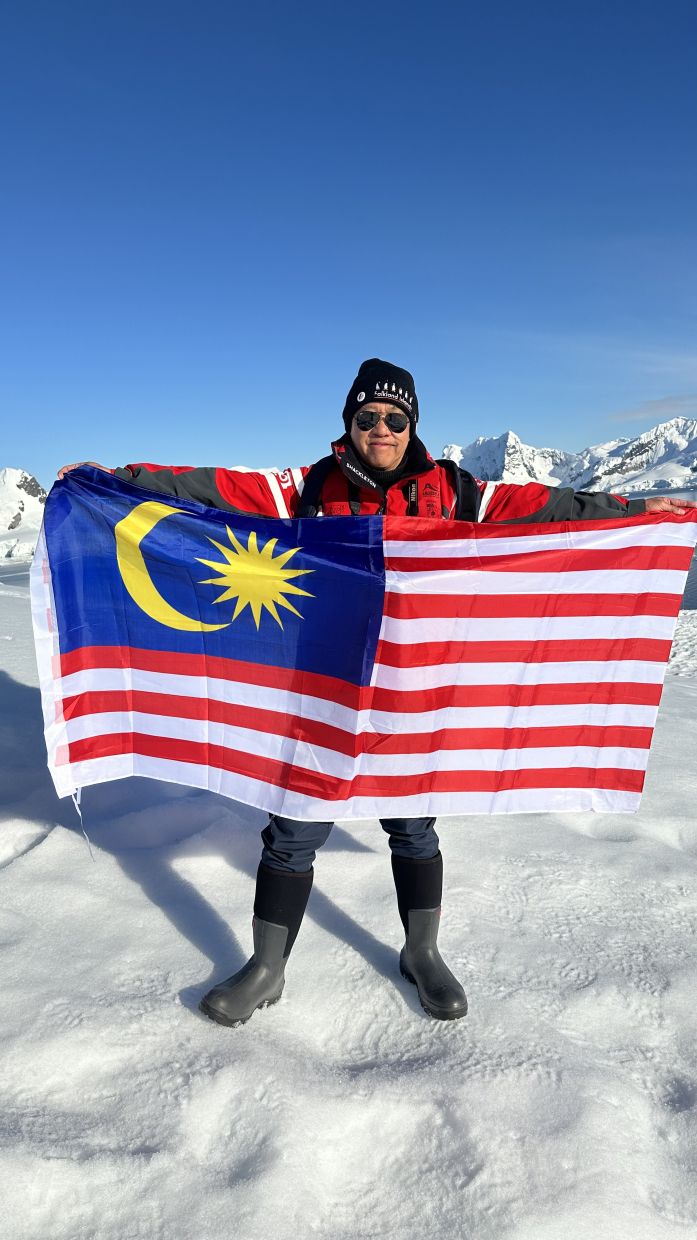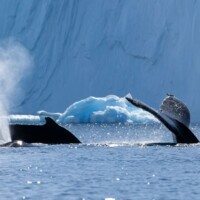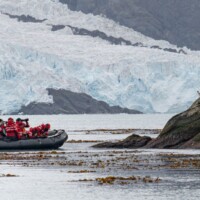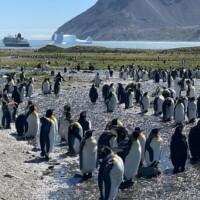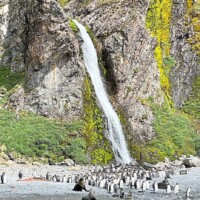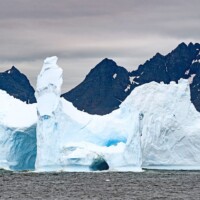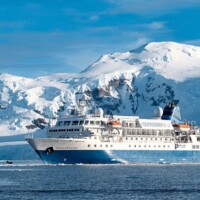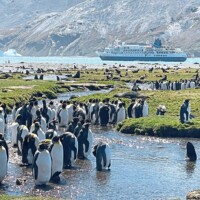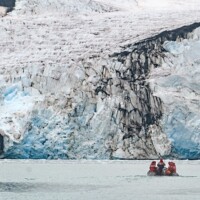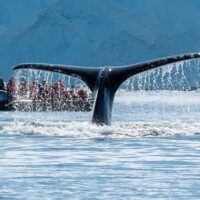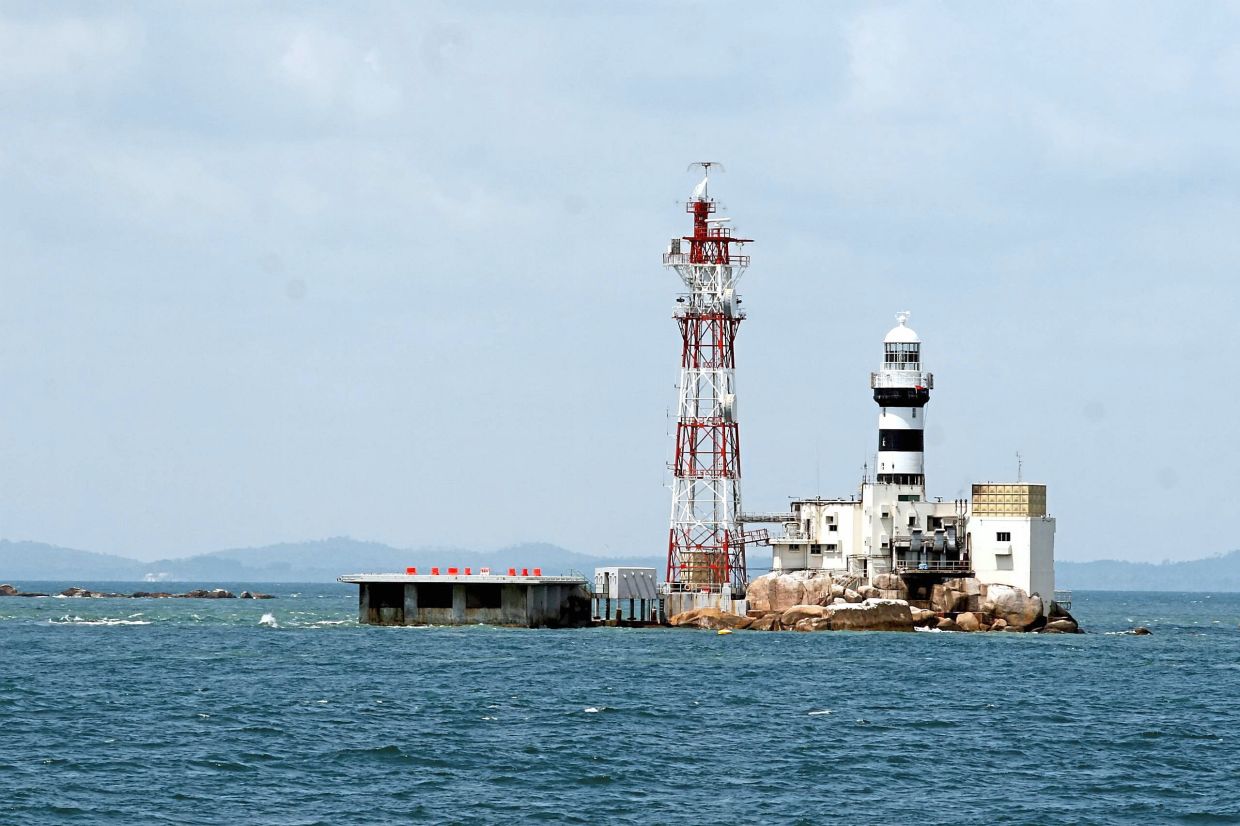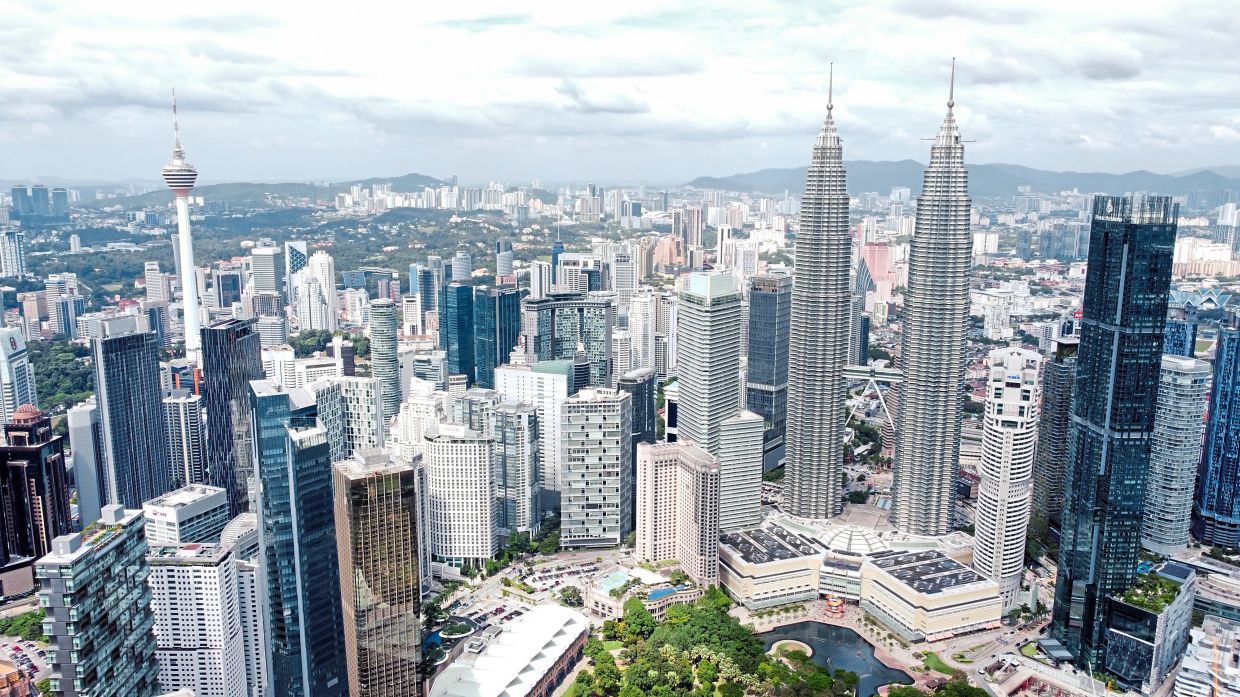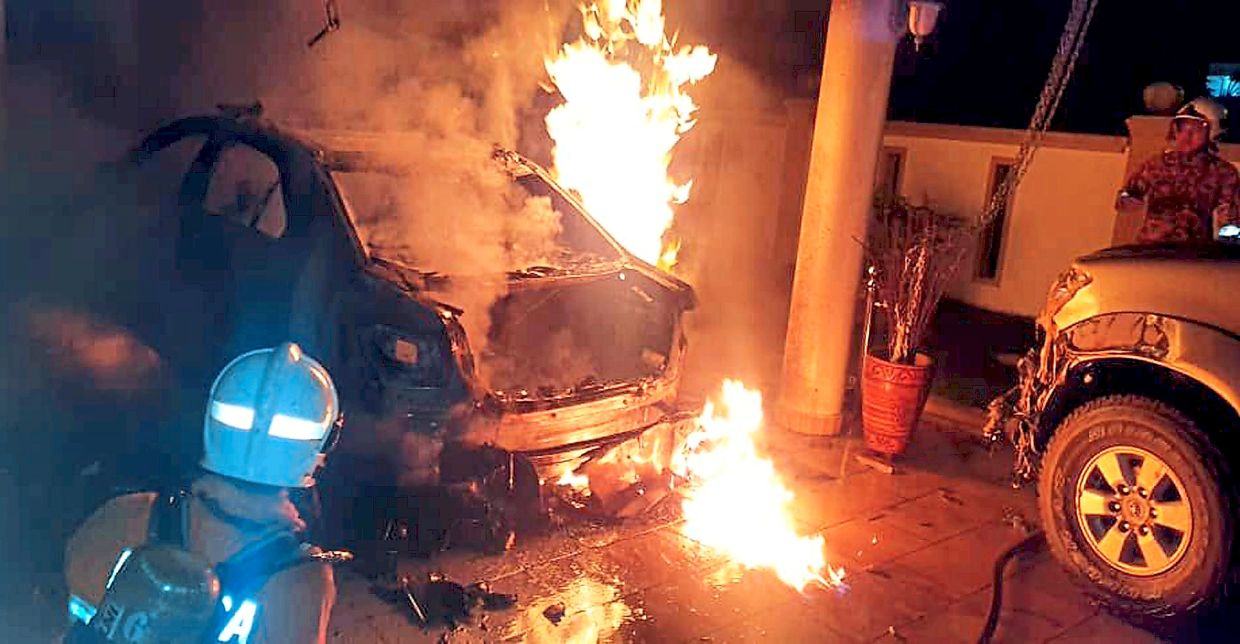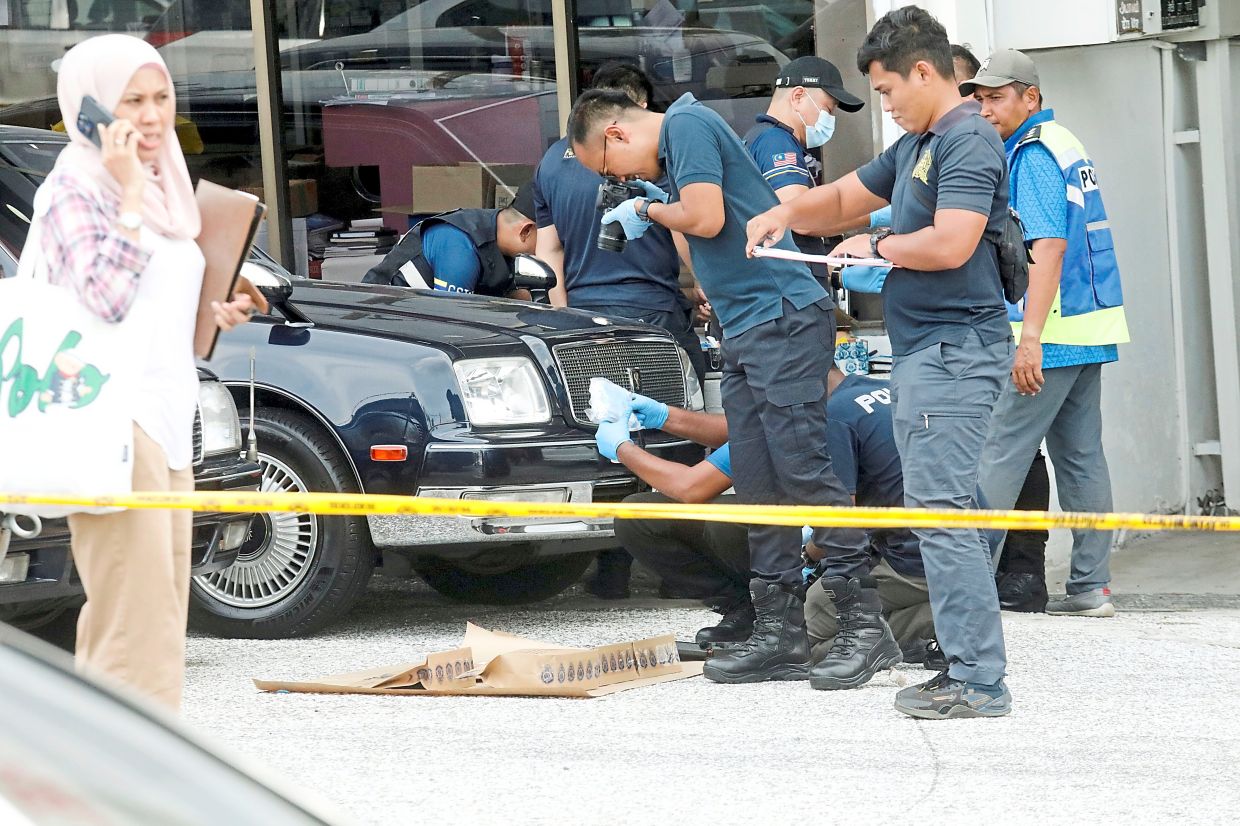ALL our Members of Parliament are required to take their oath of office and allegiance before sitting in the Dewan Rakyat or Dewan Negara.
This practice is also mandatory for Ministers and Deputy Ministers before they exercise any functions of the office.
They must swear to faithfully discharge their duties to the best of their abilities, to bear true faith and allegiance to Malaysia and, most importantly, to preserve, protect and defend the Federal Constitution.
Marang MP Tan Sri Abdul Hadi Awang, PAS’ president, is no exception to the rule.
He has, in fact, raised his hand seven times to pledge his backing for the Federal Constitution.
So, were his pledges hollow words bereft of sincerity and only a show for his fellow lawmakers?
He’s now hinting at doubts about the Federal Constitution, which is the supreme law of the nation.
Hadi, in his Facebook post, insists our Constitution was drawn up by the British colonists and aimed at depriving Islam of authority. These are certainly loaded words. The statement in Bahasa Malaysia sounds even stronger.
Truth be told, I’m no law expert, but having majored in history and politics in university, I have a keen interest and training in these areas.
Our Federal Constitution came into effect in 1957 as the Constitution of the Federation of Malaya and was amended to be the Constitution of Malaysia in 1963, following the formation of Malaysia with Sabah, Sarawak and Singapore.
So, it’s the supreme law of Malaysia. Without doubt, the Reid Commission, which drafted the legal framework, included constitutional experts from fellow Commonwealth countries with a working party appointed by the British, the Conference of Rulers and the Government of the Federation of Malaya.
According to the article “Contextualising constitutional Islam: The Malayan Experience” by Kristen Stilt, published in the International Journal of Constitutional Law, the drafters included two Muslim judges – one from India and another from Pakistan. Justice Abdul Hamid from Pakistan had the experience of working on his country’s constitution.
The Commission received 131 written reports from individuals and organisations which included Persatuan Agama Islam Se-Malaya, or PAS, as it’s now known, she wrote.
The panel visited each state and the Settlements, as Melaka and Penang were called, and met the Sultans, the officials, and British representatives, and held hearing sessions across the peninsula to get feedback from individuals and representatives of parties and organisations.
Basically, the views of all segments were sought, and naturally, they were as diverse as they were varying, but in the end, compromises had to be made, and understandably, there were many.
Our first prime minister, Tunku Abdul Rahman, certainly knew what he was doing in his negotiations with the British. Our Malay Rulers, who endorsed and approved the Constitution, certainly understood it, too.
Our founding fathers, particularly Tunku, clearly knew that Malaya, and then Malaysia, needed a multiracial compromise and appreciated its relevance.
He didn’t forget the importance of Islam, and the Federal Constitution supported the establishment of the syariah courts in the states.
List II Schedule 9 of the Federal Constitution delineates the powers of the states to constitute, organise and set out procedures of such courts within the state over persons professing the religion of Islam.
Fast forward to 2024, as columnist Mohsin Abdullah wrote in FMT, “the Federal Constitution which Hadi has questioned and criticised has benefited the Islamist party by enabling them to take part in elections, capturing a few states and even holding government positions.”
Prominent lawyer Datuk Joy Appukuttan wrote that “this Constitutional Oath is sacrosanct, since without which, Ministers and the respective Speakers of both Houses cannot take office, while Members of Parliament will not be allowed to take their seats in Parliament.
“This oath becomes even more prevalent since the Federal Constitution is expressed as the supreme law of the nation.
“Hence, the oath to preserve, protect and defend the Federal Constitution means the Executive as well as Parliament must uphold the concept of accountability, transparency and good governance and the failure to do so will surmount to breach of the constitutional framework.”
The position of Islam is clearly defined in the Constitution as the country’s official religion. But other religions may be practised in peace and harmony in any part of the federation.
There is growing concern among the people about empowering syariah courts. Many of the penalties, such as fines, may possibly be outdated and need to be adjusted, but ignorance and prejudice shouldn’t lead anyone to jumping the gun.
It’s best that the issue be left to the National Council of Islamic Religious Affairs, which is currently chaired by the Sultan of Selangor.
Certainly, I have my trust and faith pinned on the Majlis Kebangsaan Islam (MKI), headed by a Ruler and comprising experts, rather than relying on politicians who exploit religion.
Tunku understood that Malaysia is a multiracial country and, in most disputes, whether civil or criminal in nature, will most likely involve people of different races and religions.
Syariah laws can’t be invoked in criminal offences which clearly come under federal laws.
As Appukuttan rightly put it, “Such is our current state of affairs that it is opportune now to be reminded of these basic principles.
“To conclude, it is held that ‘Every legal power must have legal limits, otherwise there is dictatorship.’
“Such tyranny is avoided through the adherence to the Constitutional Oath of office. Paying lip service to this oath will only erode the protection envisaged in the Federal Constitution.”
As the late Lord President Tun Mohamed Suffian Hashim wrote in his book An Introduction to The Constitution of Malaysia, in Malaysia, only the Constitution is supreme.
“Clearly, the legal doctrine that applies in Malaysia is not that of Parliament or any other body is supreme but that the Constitution is supreme.”
That’s clarity at its finest.


